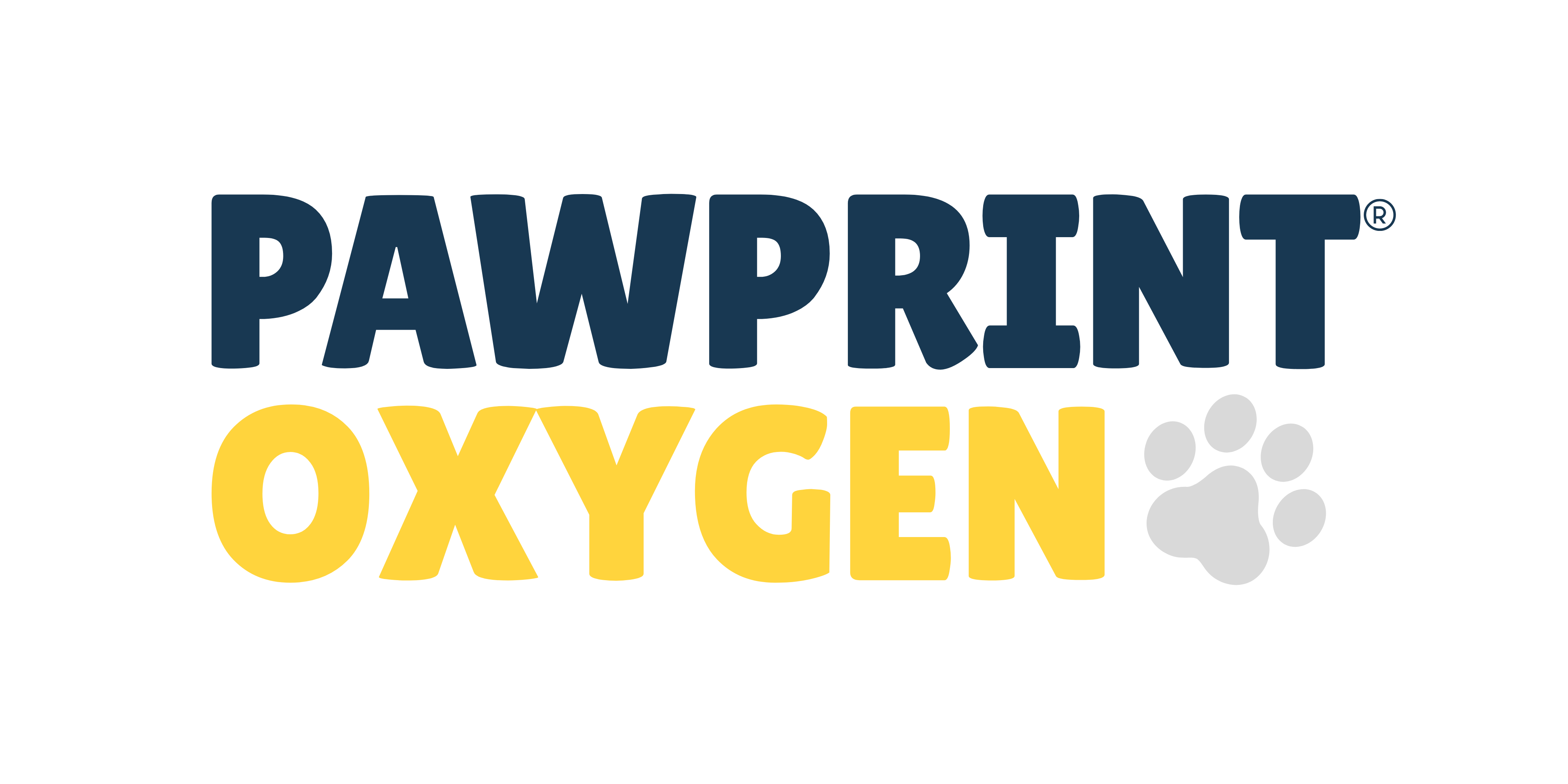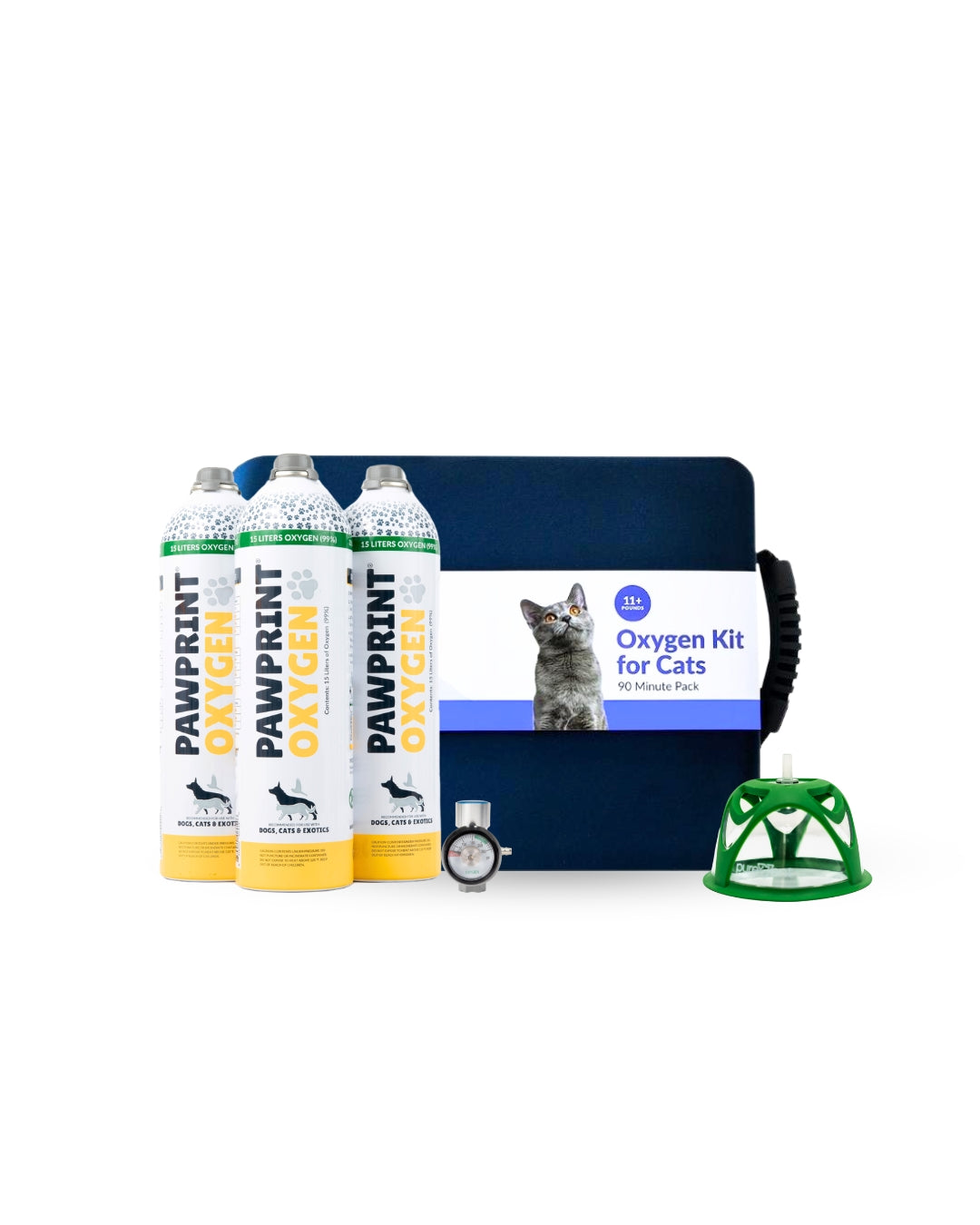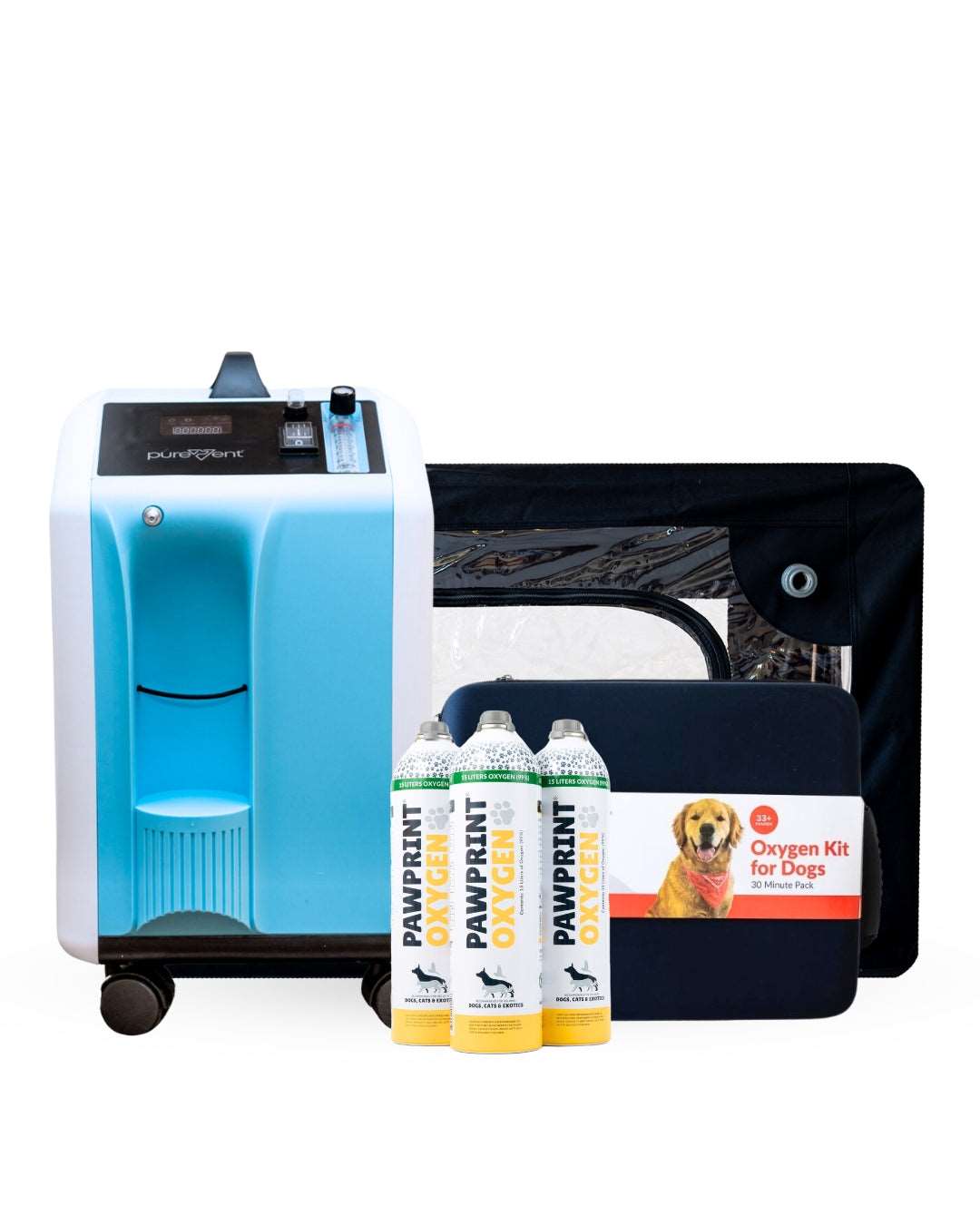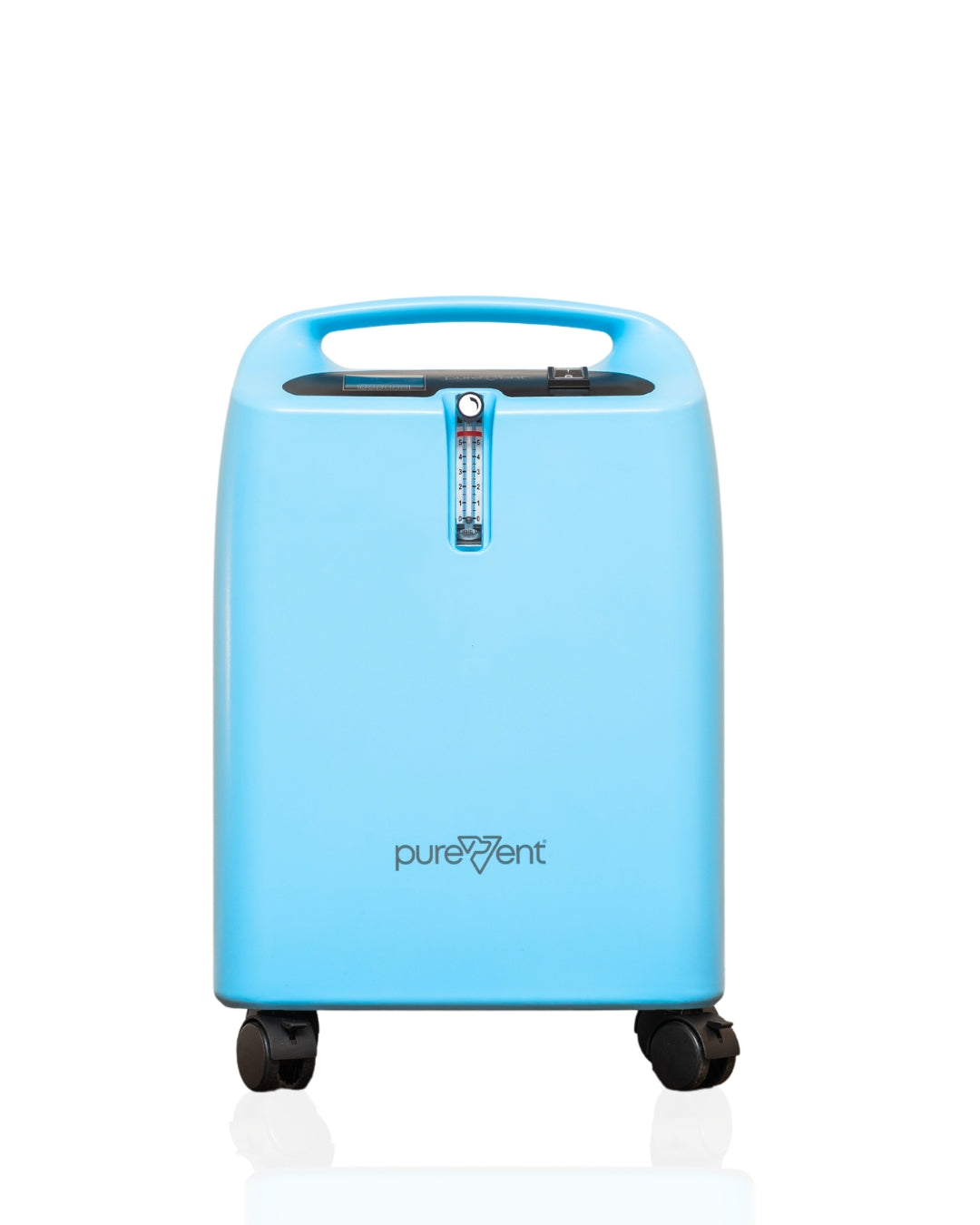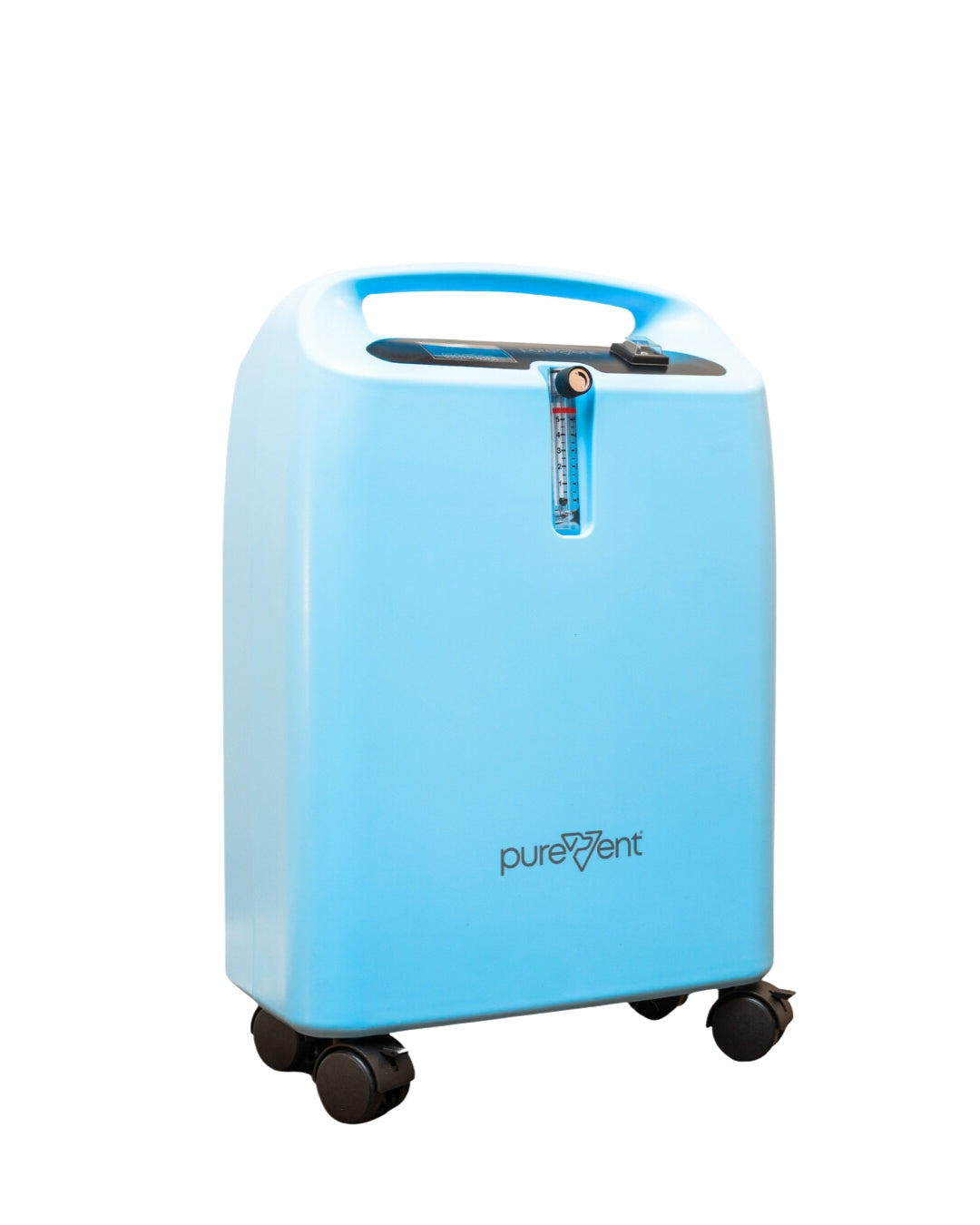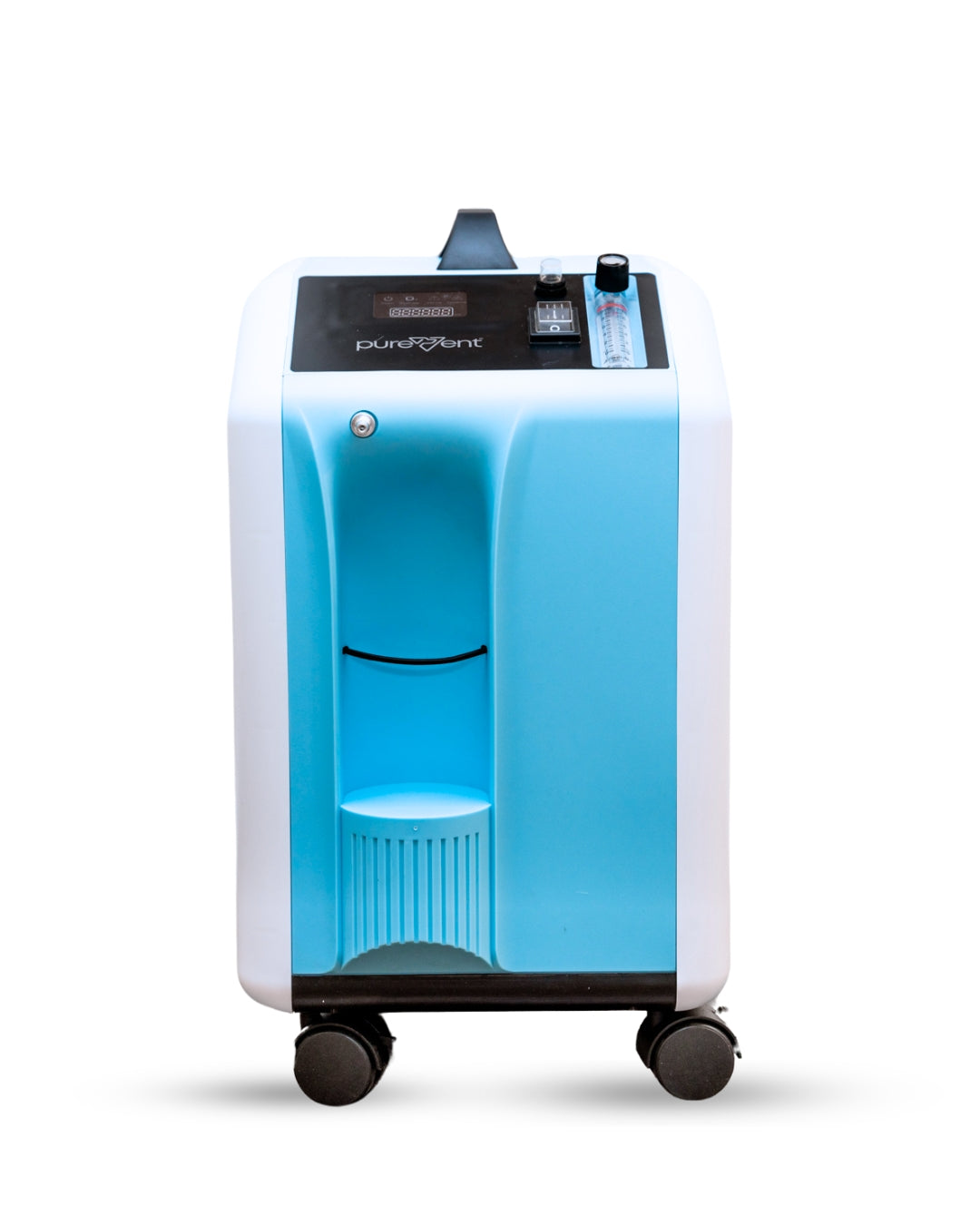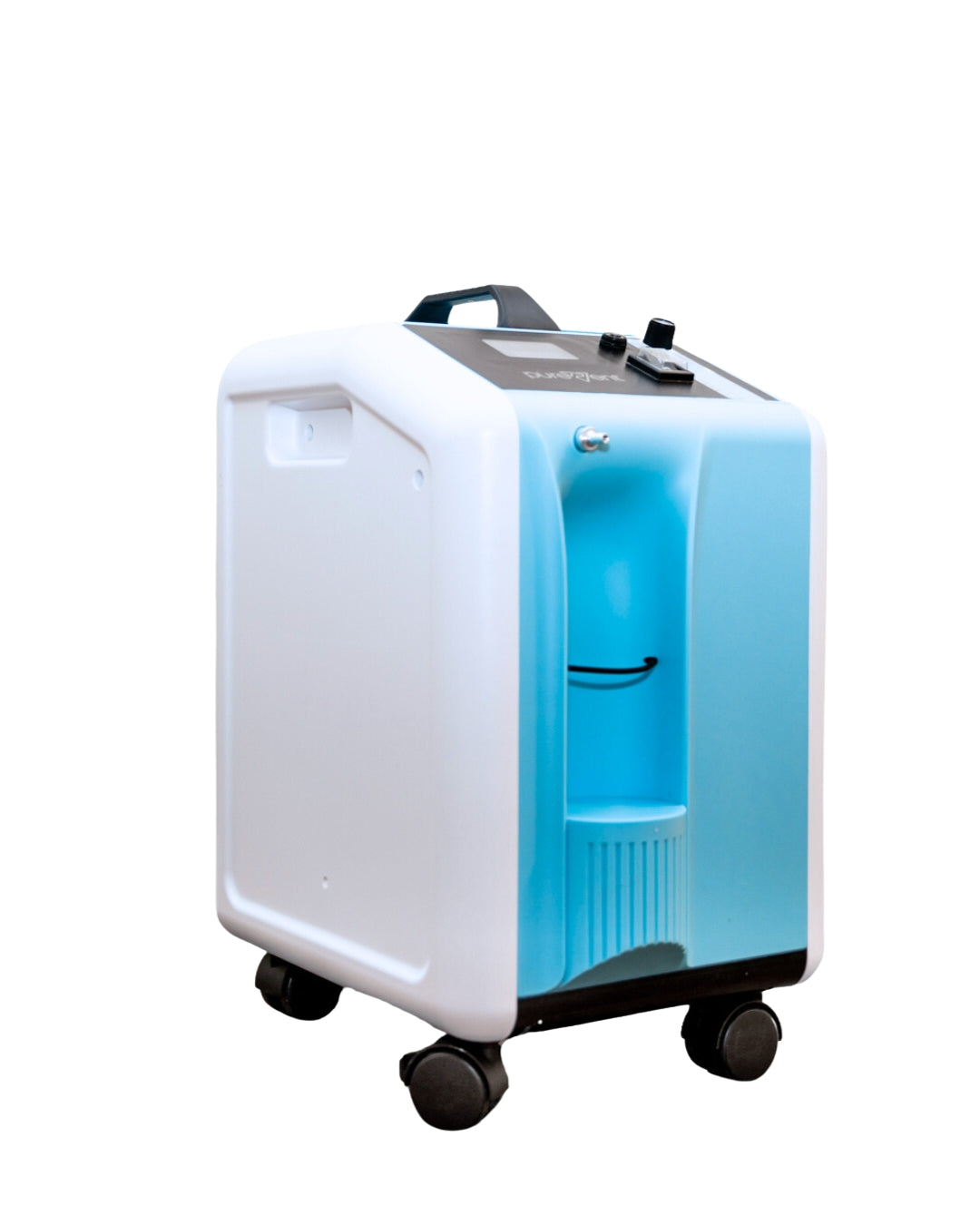Congestive Heart Failure (CHF) in dogs is a condition where the heart is unable to pump blood efficiently, leading to an accumulation of fluid in the lungs (pulmonary edema), abdomen (ascites), or both. This can result from various heart diseases, such as valvular insufficiency (often due to mitral valve disease), dilated cardiomyopathy, or other cardiac conditions.
Congestive heart failure (CHF) is a serious condition that can affect dogs of any age. While the disease cannot be cured, there are ways to help prevent it or reduce the symptoms through a special diet and physical activity program. Learn more about how to help your dog manage congestive heart failure below.
Symptoms of Congestive Heart Failure in Dogs
When monitoring your dog for symptoms of congestive heart failure, it's essential to be vigilant for signs that indicate a decline in heart function. You may notice persistent coughing, particularly at night or after exercise, which is often a result of fluid accumulation in the lungs. Your dog might exhibit labored or rapid breathing and show a marked decrease in their activity level, becoming easily fatigued or reluctant to engage in physical activities they once enjoyed. Restlessness, especially at night, can indicate discomfort and difficulty finding a comfortable position due to fluid buildup. Pay attention to any swelling or distention in the abdomen, as this can be a sign of ascites, a condition where fluid accumulates in the abdominal cavity.
Additionally, despite a normal appetite, weight loss can occur. Regular veterinary check-ups are crucial, and any noticeable changes in your dog's behavior, breathing, or physical condition should prompt an immediate consultation with your veterinarian to manage the condition effectively.
The most common symptoms to look for when diagnosing congestive heart failure in dogs include:
- Shortness of breath
- Exercise intolerance
- Difficulty breathing
- Coughing
- Wheezing
- Abnormal sounds while breathing
- Bloated abdomen
- Lethargy
- Weight loss
Diagnosing Congestive Heart Failure in Dogs
When diagnosing congestive heart failure in dogs it is important to consider their medical history as well as physical signs like weakened lymph nodes and weakened gum colors that suggest decrease blood oxygen levels. Veterinarians will use specialized tests such as echocardiograms or x-rays to look at the dog’s heart size and shape before making a diagnosis.
If you are noticing symptoms of congestive heart failure in your dog, it is important to bring them to the attention of your veterinarian as soon as possible.
Some common diagnostic tools used to diagnose congestive heart failure are:
- Physical Examination: Checking for heart murmurs, irregular heartbeats, and signs of fluid retention
- Chest X-rays: To visualize the heart and lungs and detect fluid accumulation
- Echocardiogram: An ultrasound of the heart to assess its function and structure
- Electrocardiogram (ECG): To monitor the electrical activity of the heart
-
Blood Tests: To evaluate overall health and check for underlying conditions
Causes of Congestive Heart Failure
The most common cause of congestive heart failure in dogs is dilated cardiomyopathy (DCM), which is an enlargement of the left ventricle of the heart. This is due to a reduced contractility of the myocardial muscle fibers that weaken the pumping strength. Other causes include issues associated with valve diseases and conditions like mitral valve insufficiency, which can lead to fluid accumulation around the lungs and heart causing congestive heart failure.
PureVent 5L Medical-Grade Oxygen Concentrator
The Oxygen Concentrator plugs into a wall outlet (120V) and concentrates oxygen from room air, providing high purity oxygen gas (>90%). The Oxygen Concentrator provides an endless supply of continuous flow oxygen therapy and is recommended for pets requiring extended oxygen therapy (more than one hour per day). Use the Oxygen Concentrator with a PureVent Pet Oxygen Mask or an Oxygen Cage
Treatment for Congestive Heart Failure in Dogs
There are various medications used to treat congestive heart failure in dogs including diuretics, ACE inhibitors, beta blockers, vasodilators, calcium channel blockers and digitalis glycosides like digoxin. Depending on the type and severity of congestive heart failure your dog has there are different medications they may take that could help alleviate symptoms or possibly even reverse them.
Additionally, nutritional supplements such as Vitamin E can often be beneficial in some cases since this helps reduce oxidative damage done by free radicals to cell walls causing leakage of fluids into systemic circulation causing congestion leading to CHF symptoms.
Oxygen therapy is often prescribed by veterinarians to lessen the severity of respiratory distress symptoms and can immensely improve your dog's quality of life.
The Prognosis for Dogs with Congestive Heart Failure
The prognosis for dogs with congestive heart failure depends on how quickly treatment begins following diagnosis. Generally speaking, the prognosis is better if treatment begins earlier rather than later. As time goes by, the heart may sustain more severe damage from congestive heart failure going untreated.
However, there can still be ways through both dietary changes along with medication therapy administered by a veterinarian, used collaboratively together, to increase longevity and significantly improve the quality of life for animals diagnosed with this condition.
Prevention Strategies for Congestive Heart Failure in Dogs
Ideally pet owners would consider implementing preventative strategies regarding identifying potential cardiovascular abnormalities long before their dog is showing symptoms of congestive heart failure.
Preventative tests include the annual completion of canine physical examinations performed by appropriately licensed veterinarians, who can then detect any potential underlying preexisting conditions, like heart murmurs. Certain dog breeds can be susceptible to congestive heart failure in their lifetime, so if you are the owner of one of the breeds below, you can make sure to ask your Veterinarian about testing for CHF early in their lifetime.
The top dog breed affected by Congestive Heart Failure (CHF) is the Cavalier King Charles Spaniel. This breed is particularly susceptible to a condition called mitral valve disease, which often leads to CHF.
Breeds Commonly Diagnosed with Congestive Heart Failure:
Certain dog breeds are more predisposed to developing congestive heart failure due to genetic factors and breed-specific tendencies toward certain heart conditions. Small to medium-sized breeds such as Cavalier King Charles Spaniels and Dachshunds are particularly prone to mitral valve disease, a common cause of CHF. Larger breeds, including Doberman Pinschers and Boxers, are at higher risk for dilated cardiomyopathy, another condition leading to heart failure. Additionally, breeds like Poodles, Miniature Schnauzers, and Chihuahuas have a predisposition to various forms of heart disease that can progress to CHF. It's important for owners of these susceptible breeds to be proactive in regular veterinary check-ups, early screening for heart conditions, and vigilant observation for any signs of CHF to ensure prompt and effective management of the disease.
Here is a list of dog breeds commonly diagnosed with congestive heart failure:
- Cavalier King Charles Spaniel
- Dachshund
- Doberman Pinscher
- Collies
- Cocker Spaniels
- Pomeranians
- Poodles
- Shetland Sheepdogs
- Rottweilers
- Labrador Retrievers
- German Shepards
- Boxers
- Beagles
If you are noticing congestive heart failure symptoms in your dog, it's important to bring them to your veterinarian's attention as soon as possible.
Preventative tests include the annual completion of canine physical examinations performed by appropriately licensed veterinarians, who can then detect any potential underlying preexisting conditions.
The most common cause of congestive heart failure in dogs is dilated cardiomyopathy (DCM), which is an enlargement of the left ventricle of the heart.
Dedicated Approach to Your Dog's Health
Understanding congestive heart failure (CHF) in dogs is crucial for ensuring the best possible care and quality of life for your furry companion. Early detection and intervention are key, as recognizing the signs and symptoms can lead to timely and effective treatment. By being aware of the breeds most susceptible to CHF, maintaining regular veterinary check-ups, and observing your dog for any changes in behavior or physical condition, you can manage this condition proactively.
While CHF is a serious and chronic disease, advances in veterinary medicine and a dedicated approach to your dog's health can significantly improve their prognosis and comfort. Remember, a well-informed and attentive pet owner plays an essential role in the management and care of a dog with CHF. Stay vigilant, seek professional advice when needed, and provide your dog with the love and care they deserve.
